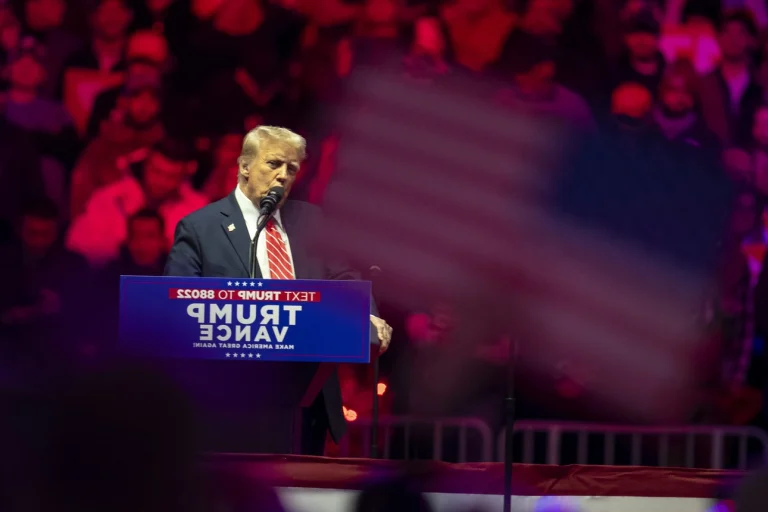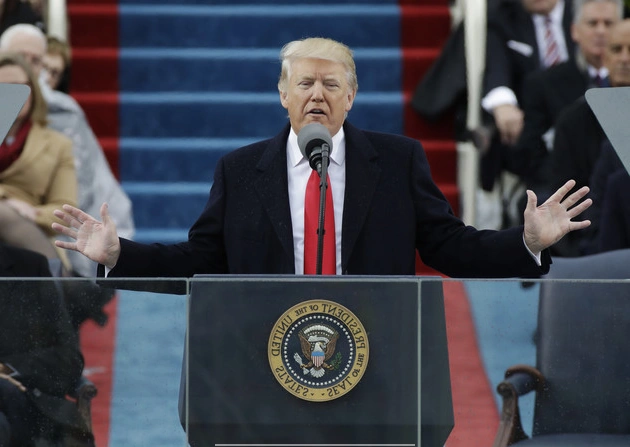
Corporate Donations to Trump's Inauguration: A Closer Look at the Record-breaking Support
Corporate Support for Trump’s Inauguration
Donald Trump’s upcoming inauguration has seen a significant uptick in corporate donations, surpassing previous records. Industries set to be regulated by the new administration are demonstrating their support through substantial contributions, aiming to garner favor and visibility.
Companies are not only contributing larger sums compared to Trump’s first inauguration but also publicizing their donations well in advance of regulatory reporting deadlines. This proactive approach reflects a shift in corporate attitudes towards supporting the president-elect.
Industry Trends and Key Players
The tech, auto, banking, health care, and fossil fuel sectors are leading the donation drive, with major players like Microsoft, Toyota, Pfizer, and Google making substantial financial commitments. High-profile executives from Uber, OpenAI, and Robinhood have also extended their support.
Notable is the eagerness of these companies to broadcast their contributions, underscoring their desire for recognition and alignment with the new administration’s policies.
Political Implications and Public Perception
The influx of corporate funds for Trump’s inauguration raises questions about the influence these donors may seek. While some companies faced backlash for past political affiliations, many are now actively engaging with the incoming administration to secure favorable relationships.
However, concerns linger about the transparency and utilization of these donations. Government watchdogs and critics question the allocation of funds and the potential for conflicts of interest, especially considering the lack of stringent disclosure requirements.
Transparency and Accountability Challenges
Despite legal obligations to disclose donors, scrutiny remains on how surplus funds will be managed post-inauguration. The opaque nature of these financial dealings, coupled with the absence of strict oversight mechanisms, raises concerns about accountability and ethical practices.
The need for greater transparency in inaugural fundraising is underscored by past controversies and the potential for undue influence on policymakers. Calls for stricter regulations and donor scrutiny persist, urging a reevaluation of donation practices.
Conclusion
The surge in corporate support for Trump’s inauguration signals a strategic alignment between industries and the incoming administration. While the financial backing is substantial, questions surrounding accountability, transparency, and influence loom large, highlighting the complexities of political fundraising in the corporate landscape.















